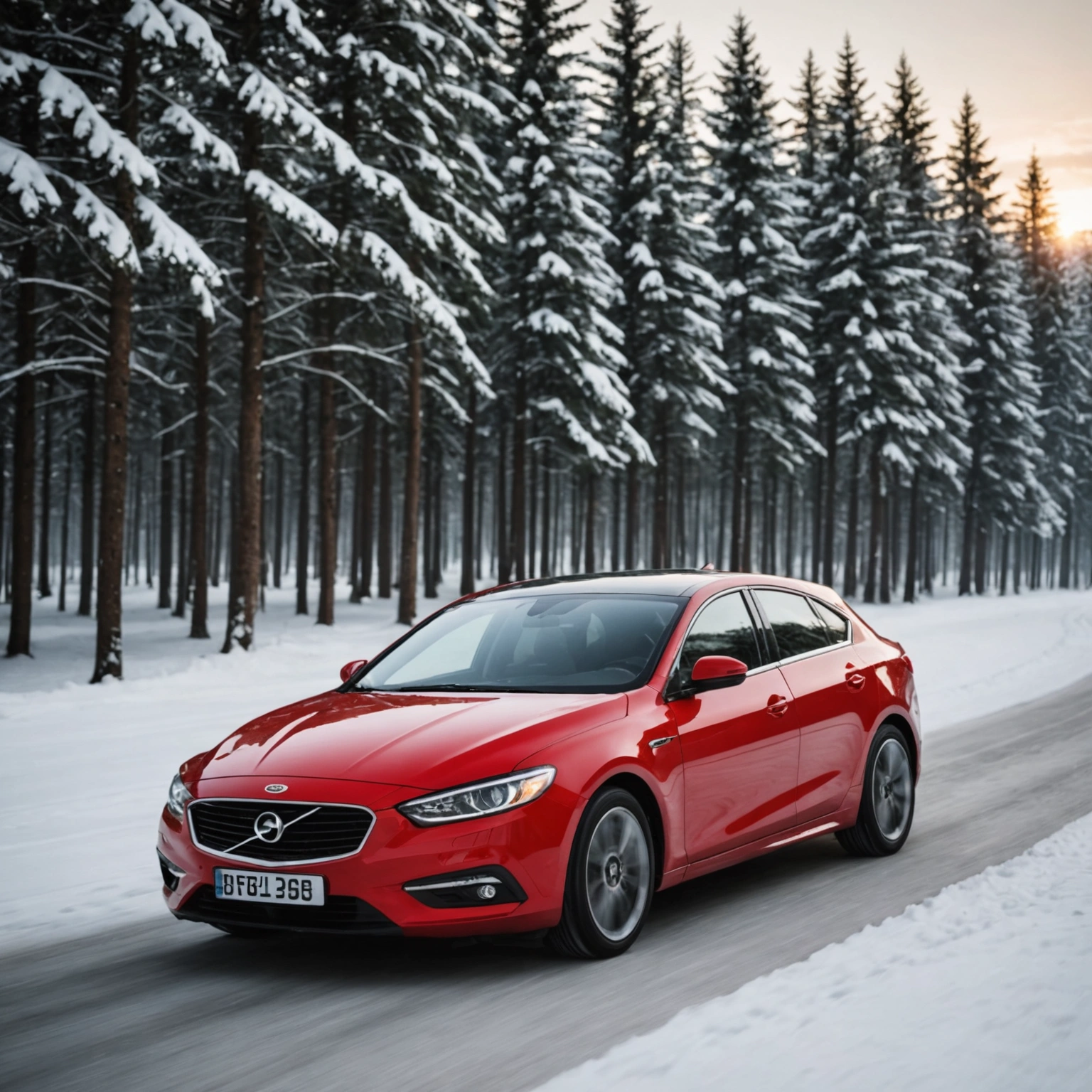**Why Does My Car Take So Long to Warm Up? Understanding the Causes**
If you’ve noticed that your car takes an unusually long time to warm up, you’re not alone. Many drivers experience this issue, especially during colder months. While a longer warm-up time might seem like a minor inconvenience, it can also be a sign of underlying issues that may affect your vehicle’s performance and efficiency. Let’s explore the common reasons why your car might be taking longer than usual to reach its optimal operating temperature.

### 1. Cold Weather Conditions
**Impact of External Temperatures:**

In colder climates, engines naturally take longer to warm up. The vehicle’s coolant and oil start at room temperature and need time to reach the engine’s ideal operating temperature, which is usually around 195-220°F (90-105°C). The colder it is outside, the more time it takes for the engine to warm up.
### 2. Engine Design and Age

**Engine Type and Age:**
Older engines or those with certain designs may have slower warm-up times. For example, larger engines or those with higher displacement typically require more time to reach optimal temperature. Additionally, worn-out components, such as head gaskets or thermostats, can impede proper heat circulation.

### 3. Thermostat Malfunction
**Role of the Thermostat:**
The thermostat regulates coolant flow between the engine and radiator. If it’s stuck open, coolant circulates constantly, preventing the engine from reaching its ideal temperature quickly. This leads to prolonged warm-up times and inefficient engine performance.
### 4. Coolant and Oil Conditions
**Fluid Quality and Levels:**
Old or contaminated coolant and engine oil can hinder heat transfer. Ensuring that coolant is at proper levels and is replaced according to manufacturer recommendations can improve warm-up times and overall engine efficiency.
### 5. Heating System Components
**Heater Core and Sensors:**
A malfunctioning heater core or faulty temperature sensors might cause delays in warm-up. If sensors send incorrect temperature data, the engine control unit (ECU) might delay warming up procedures.
### 6. Fuel System and Ignition
**Fuel Delivery and Spark:**
Issues with fuel injectors or ignition components can affect engine efficiency, making the engine work harder and take longer to reach operating temperature.
### 7. Idle Speed and Engine Management Settings
**ECU Settings:**
Modern vehicles have sophisticated engine management systems that optimize warm-up procedures. If these systems are malfunctioning or if there are aftermarket modifications, warm-up times can increase.
—
### Tips to Improve Warm-Up Time
– **Perform Regular Maintenance:** Keep up with oil changes, coolant flushes, and thermostat inspections.
– **Address Engine Issues Promptly:** Fix any sensor or component malfunctions.
– **Use a Block Heater:** In extremely cold climates, consider installing an engine block heater to pre-warm the engine before starting.
– **Drive Gently:** Short trips and aggressive driving can prevent the engine from reaching optimal temperature; longer, steady drives help the engine warm up faster.
—
### When to Seek Professional Help
If your car continues to take an abnormally long time to warm up despite proper maintenance, it’s advisable to have a qualified mechanic diagnose potential issues such as thermostat failure, coolant leaks, or sensor malfunctions.
—
**In Summary:**
Your car’s warm-up time depends on external weather, engine design, and the condition of various components. Regular maintenance and timely repairs can ensure your vehicle warms up efficiently, improving comfort, fuel economy, and engine longevity.
—
Feel free to share your experiences or ask questions in the comments below!

